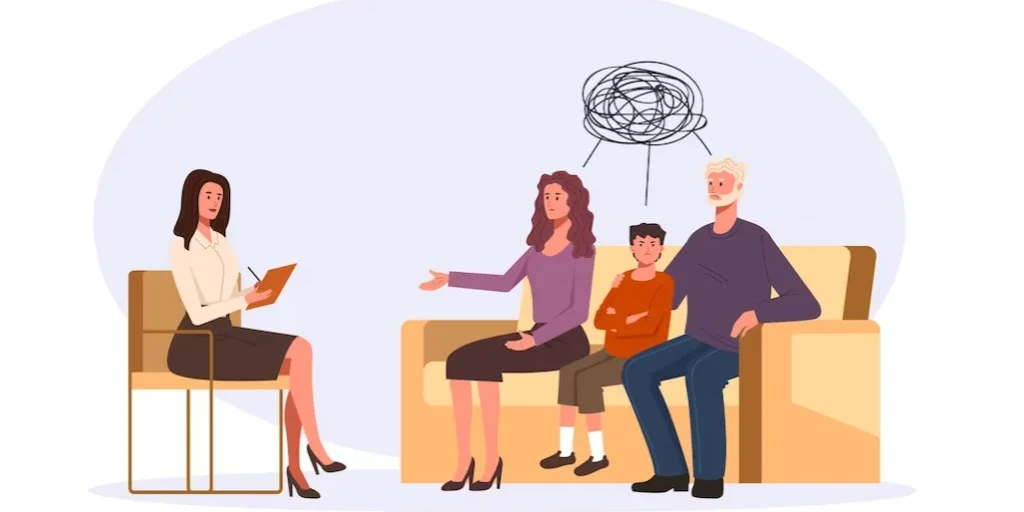24/7 Helpline:
(866) 899-111424/7 Helpline:
(866) 899-1114
Learn more about Bipolar Disorder Treatment centers in North Miami Beach
Bipolar Disorder Treatment in Other Cities

South Beach Detox
South Beach Detox is a drug and alcohol detox center that provides detoxification services alongside...

Douglas Gardens Mental Health Center
Douglas Gardens Mental Health Center - Northeast 125th Street offers outpatient treatment for indivi...

Golden Glades Treatment Center
The Golden Glades Treatment Center focuses on providing drug detox services for those seeking recove...























Golden Palms Residential Treatment
In Miami, Florida, the Golden Palms Residential Treatment (also called Douglas Gardens) center is a ...

Holistic Recovery Centers
Holistic Recovery Centers offers luxury inpatient/outpatient rehabilitation and treatment in Florida...

Transitions Recovery Program
Transitions Recovery Program offers individuals struggling with drug and alcohol addiction a safe re...

Rise Again Recovery and Wellness
Rise Again Recovery and Wellness is a private rehab located in North Miami Beach, Florida. Rise Agai...










Other Insurance Options

Premera

Cigna

American Behavioral

Evernorth

Group Health Incorporated

BlueCross

MVP Healthcare

Medical Mutual of Ohio

WellCare Health Plans

UnitedHealth Group

Self-pay options

United Health Care

Molina Healthcare

CareSource

Multiplan

BlueShield

Magellan

Horizon Healthcare Service

Optima

Regence